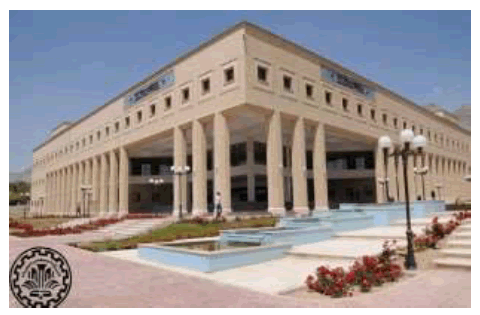Value Added Abstracts - (2020) Volume 0, Issue 0
Published: 28-Aug-2020
Background and Aim: Alzheimer's disease is a neurodegenerative disorder that is associated with progressive degeneration of hippocampal and cortical neurons that leads to memory loss. Overexpression and production of amyloid-beta (Aβ) is the most significant factor in the pathogenesis of Alzheimer's disease. Recent studies have found a role for the gut microbiota in the gut-brain axis, which can affect cognitive and memory abilities. The purpose of this study was to investigate the effect of lactobacilli on the spatial memory and expression of APP gene in the hippocampus of Aluminum chloride (AlCl3) induced animal model of Alzheimer's disease.
Methods: Adult male wistar rats weighing (240–250 g) were used. Animals received either saline, Alcl3 (100 mg/kg), lactobacilli, or lactobacilli plus ALCL3 by oral gavage for 42 days. Lactobacilli contained L.plantarum, L.rhamnosus, and L.reuteri. Morris water maze test was used for evaluating spatial memory. After completion of the behavioral test, animals were sacrificed and hippocampi dissected, and stored at -80°C. Finally, the level of APP gene expression was evaluated by Real-Time PCR.
Results: Our results indicated that ALCL3 significantly impaired spatial memory and intensified hippocampal APP gene expression. Pre-treatment with lactobacilli improved memory in control rats and prevented memory and APP deterioration in ALCL3 treated rats.
Discussion: lactobacilli used in this study can prevent destructive effect of AlCl3 on memory and can introduce as a way to prevent Alzheimer's disease, possibly via decreasing APP gene expression. However, more investigations are necessary to know related cellular and molecular mechanisms.

Biography:
Maryam Noorbakhshnia works for University of Isfahan, Department of Biology - Faculty of Sciences.
Speaker Publications:
1. “The effect of antagonization of orexin 1 receptors in CA1 and dentate gyrus regions on memory processing in passive avoidance task t? Behavioural brain research 187 (1), 172-177
2. “Orexin-1 receptor mediates long-term potentiation in the dentate gyrus area of freely moving rats”; Behavioural brain research 216 (1), 375-380
3. “Effect of the GABAergic system on memory formation and state-dependent learning induced by morphine in rats”; Pharmacology 76 (2), 93-100.
4. “Copines‐1,‐2,‐3,‐6 and‐7 show different calcium‐dependent intracellular membrane translocation and targeting”; The FEBS journal 277 (24), 5174-5189
24th International Conference on Neurology & Neurophysiology; Berlin, Germany- March 16-17, 2020.
Abstract Citation:
Maryam Noorbakhshnia, Effect of Lactobacilli on spatial memory and hippocampal APP gene expression in the rat model of Alzheimer's disease, Neurophysiology 2020, 24th International Conference on Neurology & Neurophysiology; Berlin, Germany- March 16-17, 2020 (https://neurophysiology.neuroconferences.com/abstract/2020/effect-of-lactobacilli-on-spatial-memory-andhippocampal-app-gene-expression-in-the-rat-model-ofalzheimers-disease)
Neurological Disorders received 1343 citations as per Google Scholar report